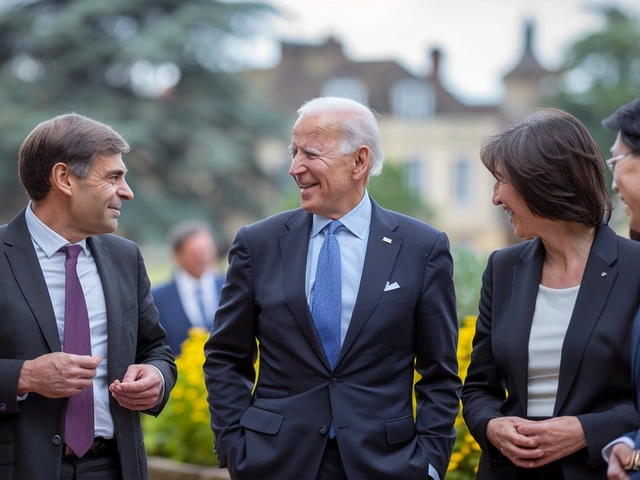8th Pay Commission: What It Means for African Public Sector Workers
When people talk about the 8th Pay Commission, a government-appointed body that reviews and recommends salary structures for public employees. It's not just a bureaucratic term—it's the difference between a teacher in Lagos being able to feed their family and one in Nairobi struggling to pay rent. In many African countries, public sector workers haven’t seen a meaningful pay raise in over a decade. The 8th Pay Commission is the moment that could change that.
This isn’t just about raising numbers on a paycheck. It’s about public sector salaries, the income levels for government employees like nurses, police officers, and civil servants, and how they stack up against inflation, cost of living, and private sector wages. Countries like Kenya, Nigeria, and Ghana have already felt the pressure. When workers strike because their pay hasn’t kept up with rising food and fuel prices, it’s not random—it’s the result of outdated pay scales. The 8th Pay Commission is the formal process that tries to fix that gap.
It also ties into government pay scale, the official structure that determines how much someone earns based on their role, experience, and grade. In some African nations, a junior officer in the Ministry of Health might earn less than a delivery driver in the private sector. That’s not sustainable. The 8th Pay Commission looks at job classifications, regional cost differences, and even productivity metrics to build a fairer system. It’s not perfect, but it’s the best tool governments have to bring some order to chaos.
And then there’s the money. wage reform, the process of changing how workers are paid to make it fairer and more efficient doesn’t come cheap. When a commission recommends a 30% raise across the board, the government has to find billions—sometimes from already stretched budgets. That’s why these commissions often take years. They’re not just about fairness; they’re about fiscal reality. In countries where public debt is high, like Zambia or Ghana, every naira or shilling counts. The 8th Pay Commission has to balance worker needs with national survival.
What you’ll find in the articles below isn’t just news about pay raises. It’s about real people—teachers waiting for their first raise in 12 years, nurses working double shifts because they can’t afford to stop, civil servants wondering if their pensions will even be paid out. These stories connect to the 8th Pay Commission because it’s the system that decides whether they get help—or keep waiting.
8th Pay Commission Approved: 11.5 Million Govt Employees and Pensioners to Get 30-34% Raise from Jan 2026
By Sfiso Masuku On 28 Oct, 2025 Comments (15)

The Union Cabinet approved the 8th Central Pay Commission on October 28, 2025, with a 30-34% salary hike for 50 lakh employees and 65 lakh pensioners set for January 1, 2026, led by former Supreme Court judge Ranjana Prakash Desai.
View More




